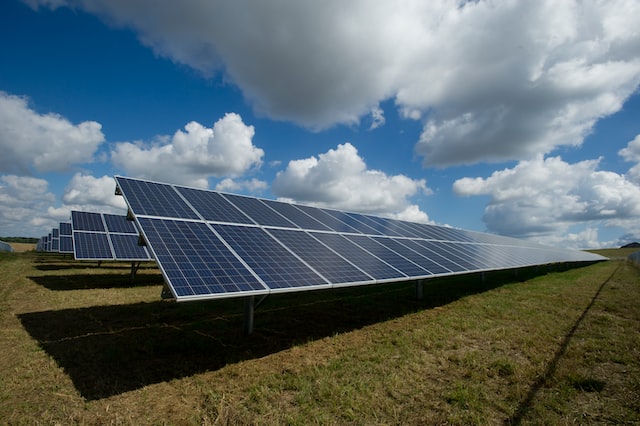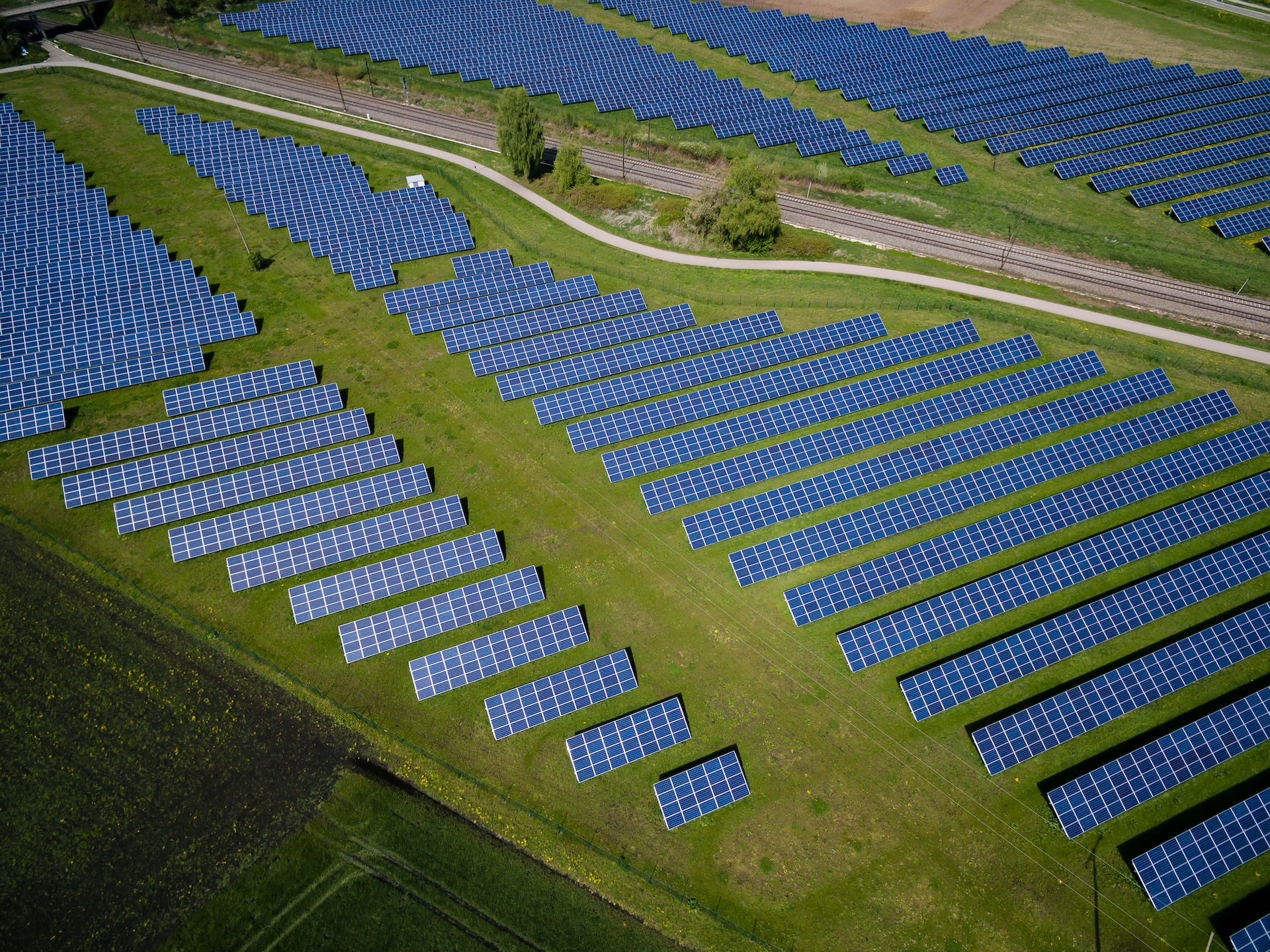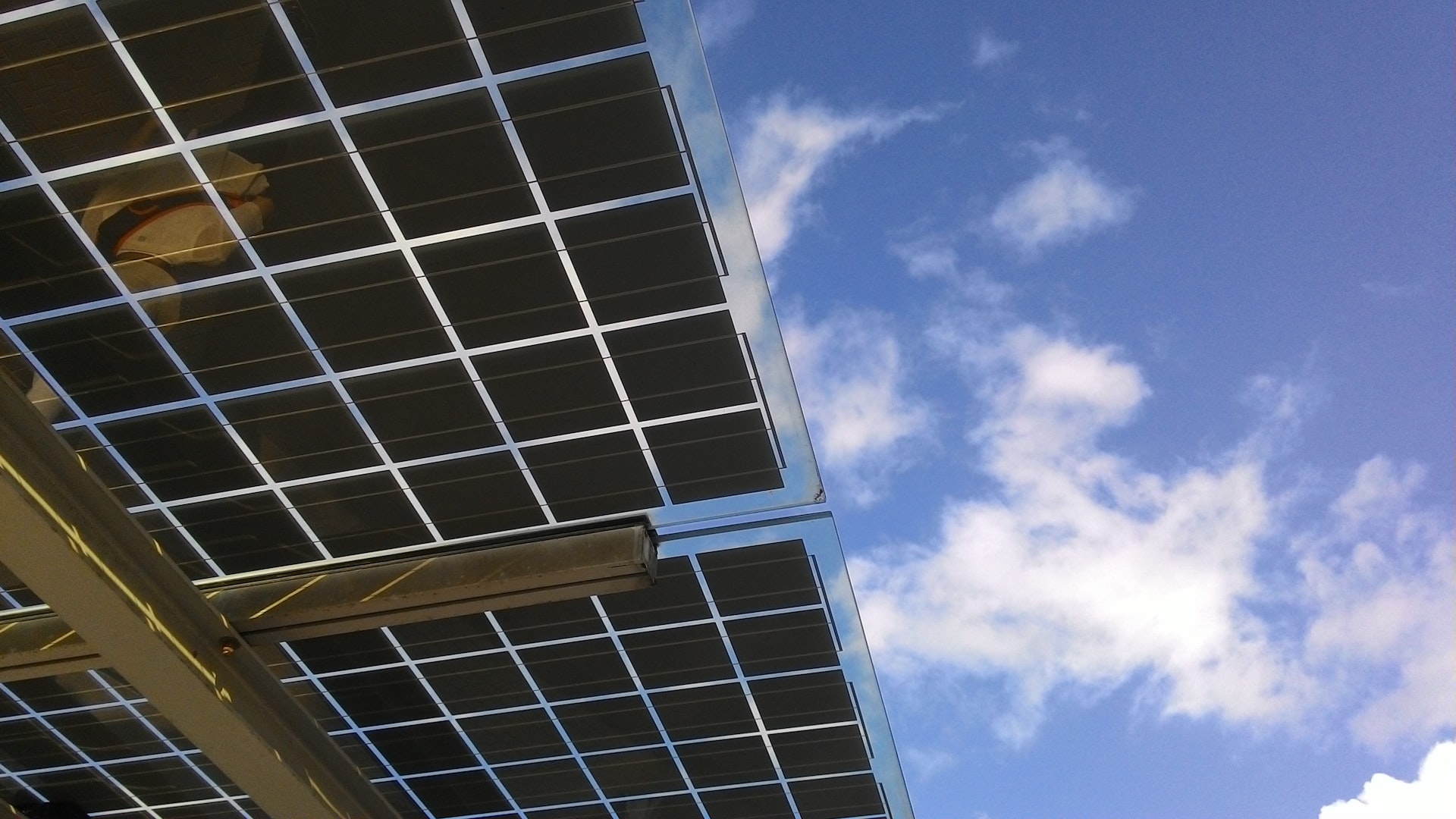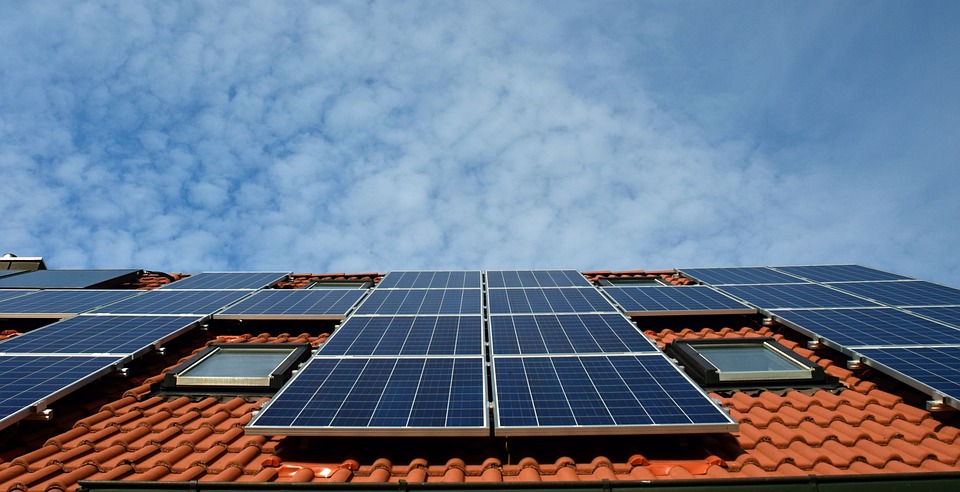If there is one constant in our lives, it’s the sun. We rarely think about the hot ball of hydrogen and helium that (literally) lightens our day and keeps our crops alive, but we should be, especially now that ditching fossil fuels in favor of green energy is becoming an increasingly hot topic of conversation.
As people grow more aware of the looming climate crisis, they are searching for substitute sources of energy to power their homes. However, the search for solar energy can be a little overwhelming. Weighing factors like costs, weather, and tax incentives can make the pros and cons of solar seem murky. We’re here to help you understand everything that solar entails, so you can make the smart decision for your home.
In our conversations with homeowners who are considering solar energy, we find that they usually have three questions on their mind:
- What will installing solar panels cost me?
- How many solar panels do I need to power my house?
- What if solar is too expensive for me?
While there is no one-size-fits-all when it comes to solar powering your home, there are factors that can help you estimate the requirements and cost, such as how much energy you consume and how much sun your roof gets. Smart Solar Energy offers a free solar audit to identify your solar options, energy savings, available incentives, and how much solar you’ll generate.
There are a few things you should know about solar energy and solar panels before you make the switch to green energy.
Solar Energy Is Becoming More Affordable
For the past few years, solar energy has continued to undergo a decline in price, making it one of the most preferable options in renewable energy. Going solar has plenty of other benefits, too—it’s sustainable and helps you save much more in costs long-term than the initial cost of installation. The cost of solar has fallen 38% in the last five years. The federal government also incentivizes solar installation by giving a 26% federal tax credit on both residential and commercial systems. Residents of Oregon are also eligible for the cash rebates provided by the Energy Trust of Oregon, cutting down the installation costs even further.
As solar prices continue to fall, the demand for solar energy is at a steady rise in the U.S. Since 2010, solar installations have grown to an estimated 81 gigawatts (GW) of solar capacity today—enough to power 15.7 million American homes.
How Many Solar Panels Do I Need to Power My Home?
An American household on an average consumes 10,400 kWh per year. To power their entire home, they would need anywhere between 28 to 34 250-watt solar panels. The exact requirement, however, will depend on several factors, like the roof size and how much sunlight is available.
You can follow the three steps below to get a fairly accurate range of the number of solar panels you’ll need:
- Start by looking at your electricity consumption for the last twelve months. This can be determined by looking at your past utility bills.
- To arrive at a range for the number of solar panels, divide your yearly consumption by the average solar panel production ratio in two states: 1.31 (the lowest-producing state, Maine) and 1.61 (the highest-producing state, Arizona).
- Finally, divide the two numbers obtained in Step 2 by 250, since we’re assuming 250-watt solar panels here. The two results will give you a range indicating the number of solar panels needed to power your entire home.
Let’s try it with an example:
- 11.000 kWh (annual energy consumption) / 1.31 (lowest ratio) = 8,396.9
- 8,396.9 / 250 = 33.58, meaning 34 panels
- 11.000 kWh (annual energy consumption) / 1.61 (highest ratio) = 6,832.2
- 6,832.2 / 250 = 27.32, meaning 28 panels
So, the number of solar panels you’ll need to cover 100% of your energy requirement lies between 28 and 34 panels. For a more accurate estimate, you should consider getting a solar audit done for your property.
What Will It Cost to Install Solar Panels in My Home?
Solar panel installation costs in the U.S. range from $11,144 to $14,696 after the federal tax credit, and the average price per watt for solar panels is somewhere between $2.51 to $3.31. However, the Department of Energy predicts that the installation costs will continue to decline and the number of people choosing solar energy will continue to grow.
For many people who consider switching to solar, installation costs can seem like a barrier. For this reason, there is an option that allows homeowners to connect to the utility grid through a process called Net Energy Metering, which lets those who opt for solar save on their monthly electricity bills while providing a more sustainable way of living.
The way this arrangement works is as follows:
- A household utility meter calculates the amount of energy consumed and the amount of energy generated by the solar panels.
- The household is liable to pay only for the net energy consumption (total energy consumption – solar energy generation). This is what reduces your utility bills.
- If your solar panels produce more electricity than you consume, that energy is fed back to the grid in exchange for credits. So, for example, you will usually produce more energy in the summertime and less so during winters. Your credits will build up during the months of excess energy production and you can use them during months of excess consumption.
- At the end of a 12 month true-up period, the household will receive compensation for their net surplus generation, or they may choose to roll a credit for that energy generation into the next 12-month true-up period.
Net Energy Metering has shown to be beneficial for even those who don’t participate and for society as a whole, as it enhances the reliability and resiliency of the electric system for everyone.
Can I Avoid the Up-Front Cost of Solar?
There are many people who would like to use solar energy but can’t afford the up-front cost. To overcome this hurdle and support homeowners in taking advantage the benefits of solar energy, there are various financing and leasing options available. Smart Solar Energy offers zero-money-down financing.
For residential financing, there are usually two ways to go about it:
- Direct Ownership: This is when you own the system. You can pay cash up front, or you can own by financing—just like taking out a mortgage to own your home (but for a lot less money). Solar loans are considered to be an attractive and feasible option as they usually come with no down payment. They also allow the costs to be spread over a period of time and the customer retains the ownership. Solar loans typically have lower interest rates that reduce the burden on the customer for overall costs. Lenders for solar loans can be banks, credit unions, state programs, utilities, solar developers, or other private solar financing companies, and solar loans can be secured or unsecured. Even people with a low credit score can access solar loans through government programs like PACE (Property Assessed Clean Energy), which in most locations requires a property tax assessment, and the homeowner’s credit score isn’t considered. Similar to other financial products, solar loans will have different terms, conditions, and structures according to the loan providers and customer requirements. Smart Solar Energy can help you find the right financing solution for your situation through the local banks and credit unions we partner with for solar financing.
- Third-Party Ownership: This is when somebody else owns the solar system, and the homeowner rents it. Under this arrangement, a homeowner enters into a service contract with a solar leasing company. They are then liable to pay scheduled, predetermined payments to the company, which installs and retains the ownership to the solar energy system on the homeowner’s property. The customer will also need to pay for any additional electricity consumed beyond what the system generates. Another third-party arrangement is a Power Purchase Agreement (PPA). It is a financial agreement through which the homeowner enters into a contract with a developer who undertakes the installation and financing of the solar energy system on the homeowner’s property. The contractor also retains the ownership of the system and charges a fixed rate, typically lower than the local utility’s retail rate, for the electricity produced by the system. The project developer bears the responsibility of the system performance and any risk associated with it, making it a lucrative option for homeowners.
There are plenty of financing options available for those who cannot pay the upfront cost for solar installation. The right option for you will depend on what your current financials are, your goals, and other preferences.
Homeowners who rent their solar system won’t benefit from solar incentives or tax credits, and it can make selling your home more complicated. For these reasons, Smart Solar Energy recommends owning your solar system to maximize the benefits and savings of solar.
The Bottom Line On Home Solar Energy
Switching to solar energy can be a great option for residents of Oregon, which has long, sunny summers. It ranks 19th in the U.S. for its total solar capacity and has enough solar panels installed to power 114,837 homes. And solar isn’t just good for the environment—it’s good for the economy as well. In 2019 alone, the solar industry generated $18.7 billion of investment in the American economy. The number of Americans employed in the industry has more than doubled since 2012 and the jobs are expected to continue to grow.
As the conversation around the climate crisis moves to the forefront, more people are showing interest in alternative sources of energy. There are, however, certain limitations of solar panels. The most commonly raised concerns are that of cost and efficiency. Currently, traditional electricity plans cost lower than solar-powered ones. This is because more people are connected to the electricity grid than they are to solar panels. This lowers the average cost of traditional electricity.
Over time, it is expected that solar energy will continue to become more affordable and preferable due to its characteristics of being renewable, sustainable, and environment-friendly.
Smart Solar Energy is on a mission to help the maximum number of people switch to solar energy, in a smart way. We never compromise on quality. You can expect top-notch solar education, service, equipment, and installation.
Our goal is to equip and educate you with the best solar resources, so that you can make a well-informed decision about your solar energy needs.
Click here to get a free solar audit that will provide you with all the information you’ll ever need to make the smart choice.






